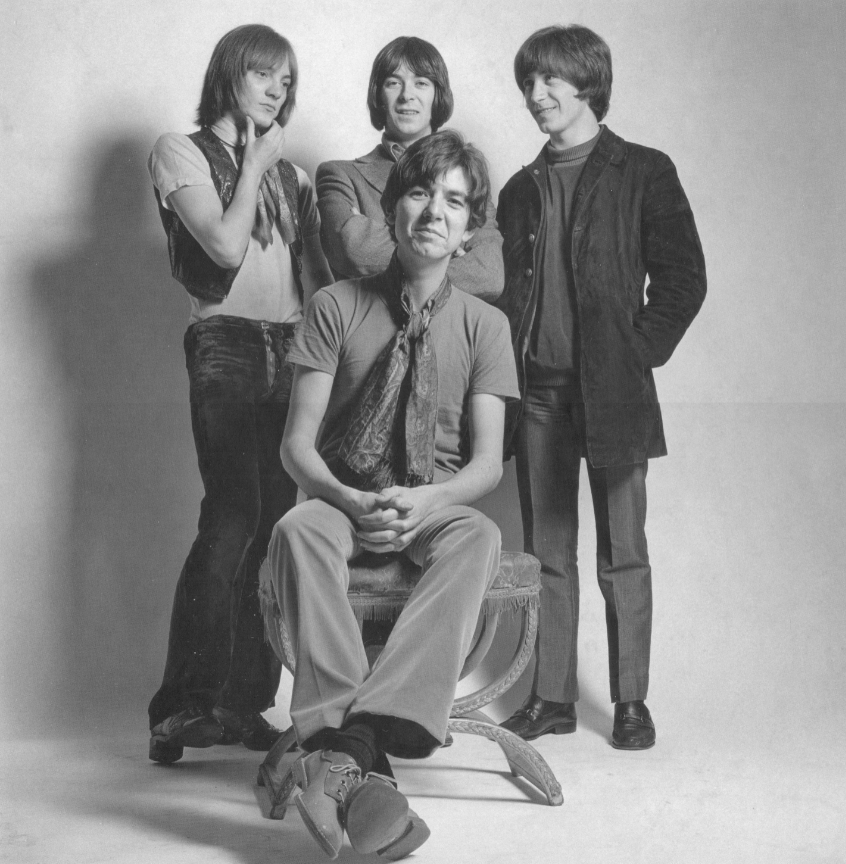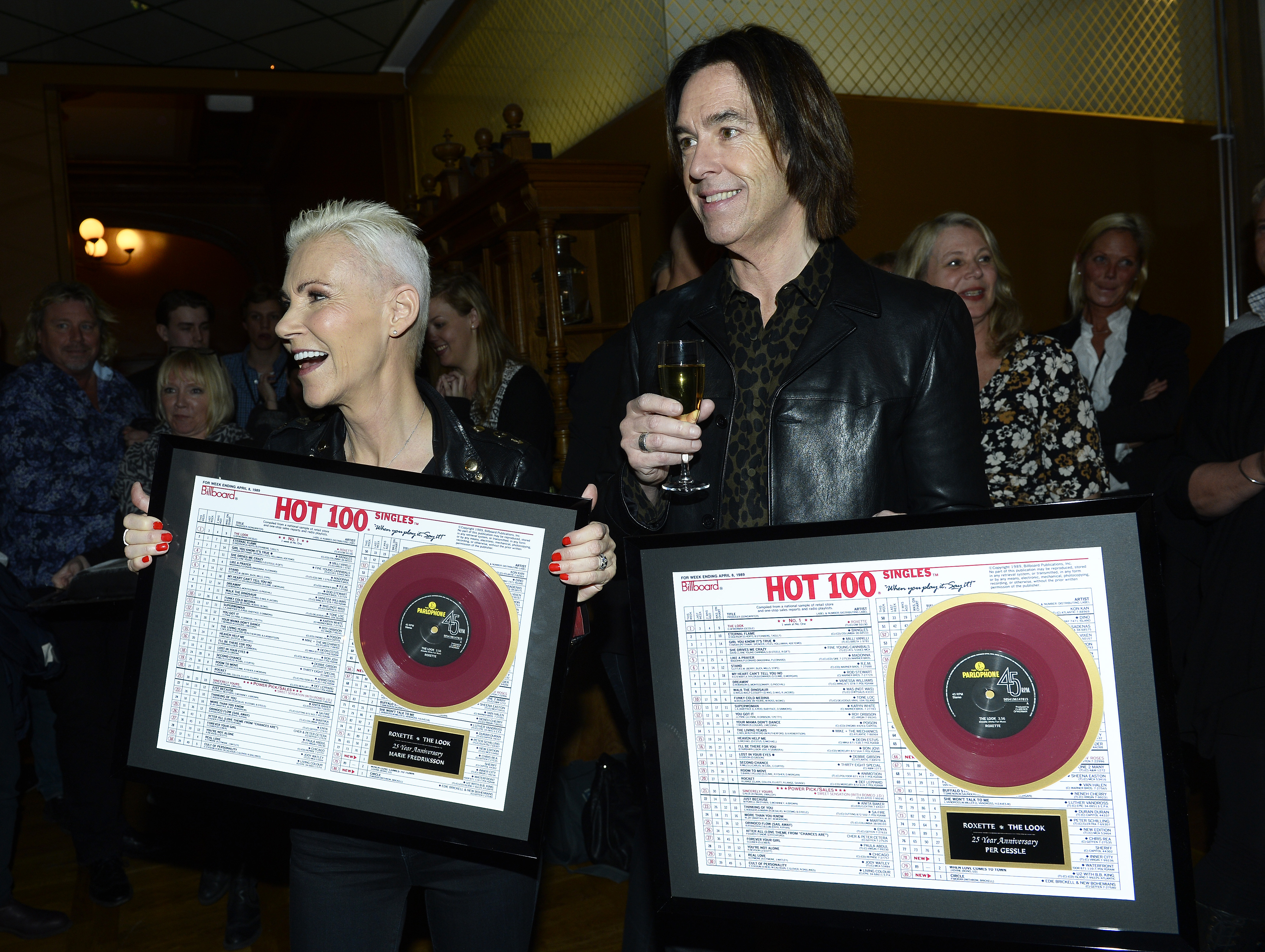|
Small Faces
Small Faces were an English Rock music, rock band from London, founded in 1965. The group originally consisted of Steve Marriott, Ronnie Lane, Kenney Jones and Jimmy Winston, with Ian McLagan replacing Winston as the band's keyboardist in 1966. The band were one of the most acclaimed and influential Mod (subculture), mod groups of the 1960s, recording Chart-topper, hit songs such as "Itchycoo Park", "Lazy Sunday (Small Faces song), Lazy Sunday", "All or Nothing (Small Faces song), All or Nothing" and "Tin Soldier (song), Tin Soldier", as well as their concept album ''Ogdens' Nut Gone Flake''. They evolved into one of the UK's most successful psychedelic music, psychedelic bands until 1969. When Marriott left to form Humble Pie, the remaining three members collaborated with Ronnie Wood, Wood's older brother Art Wood, Rod Stewart and Kim Gardner, briefly continuing under the name Quiet Melon, and then, with the departure of Art Wood and Gardner, as the Faces (band), Faces. In Nor ... [...More Info...] [...Related Items...] OR: [Wikipedia] [Google] [Baidu] |
Ronnie Lane
Ronald Frederick Lane (1 April 1946 – 4 June 1997) was an English musician and songwriter who was the bassist and co-founder of the rock bands Small Faces (1965–69) and Faces (band), Faces (1969–73). Lane formed Small Faces in 1965 after meeting Steve Marriott, with whom he subsequently wrote many of their hit singles including "All or Nothing (Small Faces song), All or Nothing", "Itchycoo Park" and "Lazy Sunday (Small Faces song), Lazy Sunday". After Marriott left Small Faces in 1968, band members Lane, Ian McLagan and Kenney Jones, Kenny Jones were joined by Rod Stewart and Ronnie Wood to form Faces (band), Faces. Like Small Faces, the band achieved critical and commercial success. Lane quit the Faces in 1973 and subsequently collaborated with other musicians, leading his own bands and pursuing a solo career. In 1977, he was diagnosed with multiple sclerosis. He was supported by charity projects and financial contributions from friends, former bandmates and fans. After ... [...More Info...] [...Related Items...] OR: [Wikipedia] [Google] [Baidu] |
Immediate Records
Immediate Records was a British record label, started in 1965 by The Rolling Stones' manager Andrew Loog Oldham and Tony Calder, and concentrating on the London-based blues and R&B scene. History Immediate Records was started in 1965. Signed musicians included Rod Stewart, P.P. Arnold, songwriter Paul Korda, Billy Nicholls, John Mayall, Savoy Brown, Small Faces, The Nice, Fleetwood Mac, The Groundhogs, Chris Farlowe, Duncan Browne and Humble Pie. Due to financial problems, the label ceased operations in 1970, and it has been the subject of controversy ever since. This is especially true in regard to unpaid royalties owed to the Small Faces, who made numerous hit recordings for the label between 1967 and 1969. Despite their success, the band received virtually no income from these often re-released records, until legal action finally secured payments from the present licencees in the early 2000s. According to Small Faces drummer Kenney Jones, most of Immediate Re ... [...More Info...] [...Related Items...] OR: [Wikipedia] [Google] [Baidu] |
Tin Soldier (song)
"Tin Soldier" is a song released by the English rock band Small Faces on 2 December 1967, written by Steve Marriott (credited to Marriott/Lane). The song peaked at number nine in the UK singles chart and number 38 in Canada. It has since been covered by many other notable rock artists. Song profile ''Tin Soldier'' was originally written by Steve Marriott for singer P. P. Arnold, but Marriott liked it so much he kept it himself. It was a song that he wrote to his first wife, Jenny Rylance. P. P. Arnold can be heard singing backing vocals on the song and also performed as guest singer at television recordings of the song. The song signalled a return to the band's R&B roots whilst continuing their forays into psychedelic rock and other musical experiments. When ''Tin Soldier'' was released the BBC informed the band that the last line of the song had to be removed from all TV and radio broadcasts, mistakenly believing that Marriott sang "sleep with you", when in fact the lyric ... [...More Info...] [...Related Items...] OR: [Wikipedia] [Google] [Baidu] |
All Or Nothing (Small Faces Song)
"All or Nothing" is a song written by Steve Marriott and Ronnie Lane of the British rock music, rock band Small Faces and released as a single in 1966. The song reached Hit record, number one on the UK Singles Chart on 15 September 1966. The song was also a major hit in both the Netherlands, where it reached number two and Ireland, where it reached number three. It was also the first song by the Small Faces to chart in Ireland, as "Whatcha Gonna Do About It", "Sha-La-La-La-Lee" and "Hey Girl (Small Faces song), Hey Girl" all failed to do so. Song information According to Kay Marriott, Steve's mother, Steve wrote this song about his split with ex-fiancée Sue Oliver, though first wife Jenny Rylance states that Marriott told her he wrote the song for her as a result of her split with Rod Stewart. Both statements are said to be correct. The song was recorded at IBC Studios in Portland Place, London. It appears on the Decca Records, Decca album ''From the Beginning (Small Faces ... [...More Info...] [...Related Items...] OR: [Wikipedia] [Google] [Baidu] |
Lazy Sunday (Small Faces Song)
"Lazy Sunday" is a song by the English band Small Faces, which reached number two on the UK Singles Chart in 1968 and number 42 in Canada. It was written by the Small Faces songwriting duo Steve Marriott and Ronnie Lane, and appeared on the band's 1968 concept album '' Ogdens' Nut Gone Flake''. Against the band's wishes, it preceded the album as a single release. Song information "Lazy Sunday" mixes pop with a traditional cockney East End of London music-hall sound. The song was inspired by Marriott's feuds with his neighbours and is also noticeable for its distinct vocal changes. Marriott sings large parts of the song in a greatly exaggerated cockney accent, partly due to an argument he had with the Hollies, who said that Marriott had never sung in his own accent. In the final bridge and the last two choruses, he reverts to his usual transatlantic (singing) accent. John Lydon cited the Small Faces as one of his few influences as vocalist for the Sex Pistols, and evidence of ... [...More Info...] [...Related Items...] OR: [Wikipedia] [Google] [Baidu] |
Itchycoo Park
"Itchycoo Park" is a song by English rock band Small Faces, written by Steve Marriott and Ronnie Lane. Largely written by Lane, it was among a number of pop songs of the era to make use of flanging, an effect involving, at that time, electro-mechanical processes. The song was not included on any of their UK albums, but was however featured on the North American release ''There Are But Four Small Faces'' (1968). Released on 4 August 1967 by Immediate Records, the song was Small Faces' fifth top-ten song in the UK Singles Chart, reaching a position of number three. "Itchycoo Park" became the Small Faces' sole top-forty hit in the United States, reaching number sixteen on the US Billboard Hot 100, ''Billboard'' Hot 100 in early 1968. In Continental Europe, it reached the top ten in several countries, while in Canada and New Zealand it was a number one hit. The single was re-released in December 1975, reaching number nine in the UK Singles chart, and is often attributed as the reason ... [...More Info...] [...Related Items...] OR: [Wikipedia] [Google] [Baidu] |
Chart-topper
A record chart, in the music industry, also called a music chart, is a ranking of recorded music according to certain criteria during a given period. Many different criteria are used in worldwide charts, often in combination. These include record sales, the amount of radio airplay, the number of downloads, and the amount of streaming activity. Some charts are specific to a particular musical genre and most to a particular geographical location. The most common period covered by a chart is one week with the chart being printed or broadcast at the end of this time. Summary charts for years and decades are then calculated from their component weekly charts. Component charts have become an increasingly important way to measure the commercial success of individual songs. A common format of radio and television programs is to run down a music chart. History The first record chart was founded in 1952 by Percy Dickins, who was working at ''New Musical Express'' at the time. Di ... [...More Info...] [...Related Items...] OR: [Wikipedia] [Google] [Baidu] |
Rolling Stone
''Rolling Stone'' is an American monthly magazine that focuses on music, politics, and popular culture. It was founded in San Francisco, California, in 1967 by Jann Wenner and the music critic Ralph J. Gleason. The magazine was first known for its coverage of rock music and political reporting by Hunter S. Thompson. In the 1990s, the magazine broadened and shifted its focus to a younger readership interested in youth-oriented television shows, film actors, and popular music. It has since returned to its traditional mix of content, including music, entertainment, and politics. The first magazine was released in 1967 and featured John Lennon on the cover, and was then published every two weeks. It is known for provocative photography and its cover photos, featuring musicians, politicians, athletes, and actors. In addition to its print version in the United States, it publishes content through Rollingstone.com and numerous international editions. The magazine experienced a rapid ... [...More Info...] [...Related Items...] OR: [Wikipedia] [Google] [Baidu] |
Mod (subculture)
Mod, from the word ''modernist'', is a subculture that began in late 1950s London and spread throughout Great Britain, eventually influencing fashions and trends in other countries. It continues today on a smaller scale. Focused on music and fashion, the subculture has its roots in a small group of stylish London-based young men and women in the late 1950s who were termed ''modernists'' because they listened to modern jazz. Elements of the mod subculture include fashion (often tailor-made suits), music (including soul, rhythm and blues and ska, but mainly jazz). They rode motor scooters, usually Lambrettas or Vespas. In the mid-1960s, members of the subculture listened to rock groups with rhythm and blues (R&B) influences, such as the Who and Small Faces. The original mod scene was associated with amphetamine-fuelled all-night jazz dancing at clubs. During the early to mid-1960s, as the mod movement grew and spread throughout Britain, certain elements of the mod scene be ... [...More Info...] [...Related Items...] OR: [Wikipedia] [Google] [Baidu] |
AllMusic
AllMusic (previously known as All-Music Guide and AMG) is an American online database, online music database. It catalogs more than three million album entries and 30 million tracks, as well as information on Musical artist, musicians and Musical ensemble, bands. Initiated in 1991, the database was first made available on the Internet in 1994. AllMusic is owned by RhythmOne. History AllMusic was launched as ''All-Music Guide'' by Michael Erlewine, a "compulsive archivist, noted astrologer, Buddhist scholar, and musician". He became interested in using computers for his astrological work in the mid-1970s and founded a software company, Matrix, in 1977. In the early 1990s, as compact discs (CDs) replaced LP record, LPs and cassette (format), cassettes as the dominant format for recorded music, Erlewine purchased what he thought was a CD of early recordings by Little Richard. After buying it, he discovered it was a "flaccid latter-day rehash". Frustrated with the labeling, he res ... [...More Info...] [...Related Items...] OR: [Wikipedia] [Google] [Baidu] |
Keyboardist
A keyboardist or keyboard player is a musician who plays keyboard instruments. Until the early 1960s musicians who played keyboards were generally classified as either pianists or organists. Since the mid-1960s, a plethora of new musical instruments with keyboards have come into common usage, such as synthesizers and digital piano, requiring a more general term for a person who plays them. In the 2010s, professional keyboardists in popular music often play a variety of different keyboard instruments, including piano, tonewheel organ, synthesizer, and clavinet. Some keyboardists may also play related instruments such as piano accordion, melodica, pedal keyboard, or keyboard-layout bass pedals. Notable electronic keyboardists There are many famous electronic keyboardists in metal, rock, pop and jazz music. A complete list can be found at List of keyboardists. The use of electronic keyboards grew in popularity throughout the 1960s, with many bands using the Hammond organ, Mellotr ... [...More Info...] [...Related Items...] OR: [Wikipedia] [Google] [Baidu] |
Jimmy McCulloch
James McCulloch (4 June 1953 – 25 September 1979) was a Scottish musician best known for playing lead guitar and bass as a member of Paul McCartney's band Wings from 1974 to 1977. McCulloch was a member of the Glasgow psychedelic band One in a Million (formerly known as the Jaygars), Thunderclap Newman, and Stone the Crows. McCulloch also made appearances on many albums, including John Entwistle's '' Whistle Rymes'' in 1972, as lead guitarist playing alongside Peter Frampton on "Apron Strings" and "I Feel Better". McCulloch also played guitar on Roger Daltrey's album ''One of the Boys'' which was released in 1977. McCulloch was a friend of the Who and a member of the band Thunderclap Newman, which was created and produced by his mentor Pete Townshend. His brother is drummer Jack McCulloch. Biography McCulloch was born in Dumbarton and raised in Clydebank and Cumbernauld, Scotland. The McCulloch family relocated to London when Jimmy was 13. He was inspired by Django Reinh ... [...More Info...] [...Related Items...] OR: [Wikipedia] [Google] [Baidu] |





